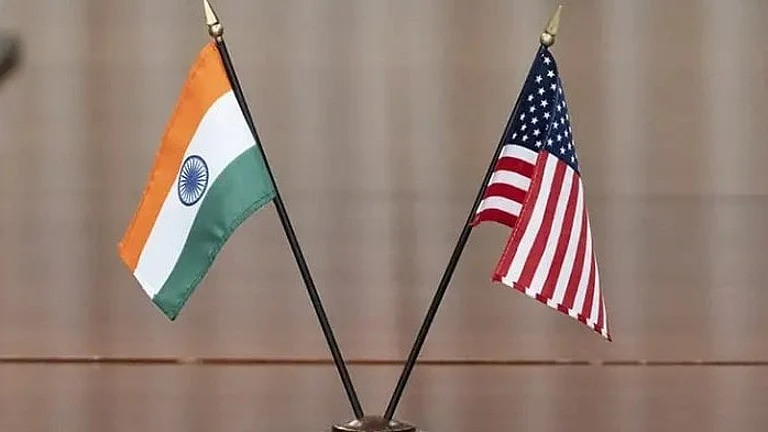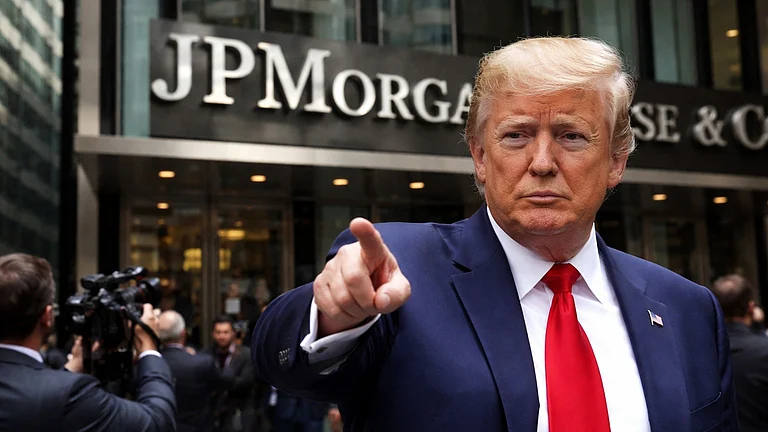
US attorneys say Trump’s $100,000 H-1B fee will be struck down.
Lawsuit argues the President lacks authority to impose new taxes.
Plaintiffs claim the H-1B order violates immigration law and constitutional limits.
White House defends move as curbing misuse and protecting American workers.
Amid the ongoing H-1B visa issue, US attorneys have said that the H-1B fee will be struck down as the US President has no authority to create new taxes. This comes after a lawsuit was filed by a group of unions, employers and religious groups at a federal court in San Francisco, calling the move unconstitutional.
The legal battle was sparked after Trump’s decision to impose a $100,000 charge on new H-1B visas for highly skilled foreign workers.
Taking to X, American immigration attorney Charles Kuck said, “No President has the authority to create new taxes. The $100,000 H-1B tax will be struck down.”
The lawsuit was the first to be filed against the proclamation that Trump issued two weeks ago, in which he announced the additional payment as part of broader efforts to curb immigration to the US.
According to the plaintiffs, including the United Auto Workers union, the American Association of University Professors, a nurse recruitment agency and several religious organizations, Trump’s authority to restrict the entry of certain foreign nationals does not allow him to override the law that created the H-1B programme.
White House spokeswoman Abigail Jackson said in a statement that the actions taken by the administration were lawful and intended to “discourage companies from spamming the system and driving down American wages, while providing certainty to employers who need to bring the best talent from overseas.”
Currently, the H-1B programme allows US employers to hire foreign professionals in specialised fields, with technology companies being among its largest users. Right now, employers pay between $2,000 and $5,000 in fees, depending on company size and other factors.
In addition to that, under Trump’s order, new H-1B recipients cannot enter the country unless their sponsoring employers make the additional $100,000 payment. The rule does not apply to current visa holders or those who submitted applications before September 21.
The US President invoked his powers under federal immigration law to justify the order, claiming that large numbers of lower-wage foreign workers had undermined the integrity of the H-1B programme and threatened national security. He mentioned that the “large-scale replacement of American workers” discouraged citizens from pursuing careers in science and technology.
However, the plaintiffs are of the opinion that Trump has no authority to alter the visa system or impose any kind of tax or fee without approval from Congress.
“The Proclamation transforms the H-1B programme into one where employers must either ‘pay to play’ or seek a ‘national interest’ exemption, which will be doled out at the discretion of the Secretary of Homeland Security, a system that opens the door to selective enforcement and corruption,” the lawsuit stated.
“There are several reasons that support this litigation, but the fundamental legal principle in our constitutional republic is that only Congress can create taxes. The $100,000 proclamation is not a fee, it is not a gift, and it is not a fine. It is a tax,” Kuck said.
Earlier, Kuck told Business Standard that visa fees are meant to cover administrative costs, not act as financial barriers.


































